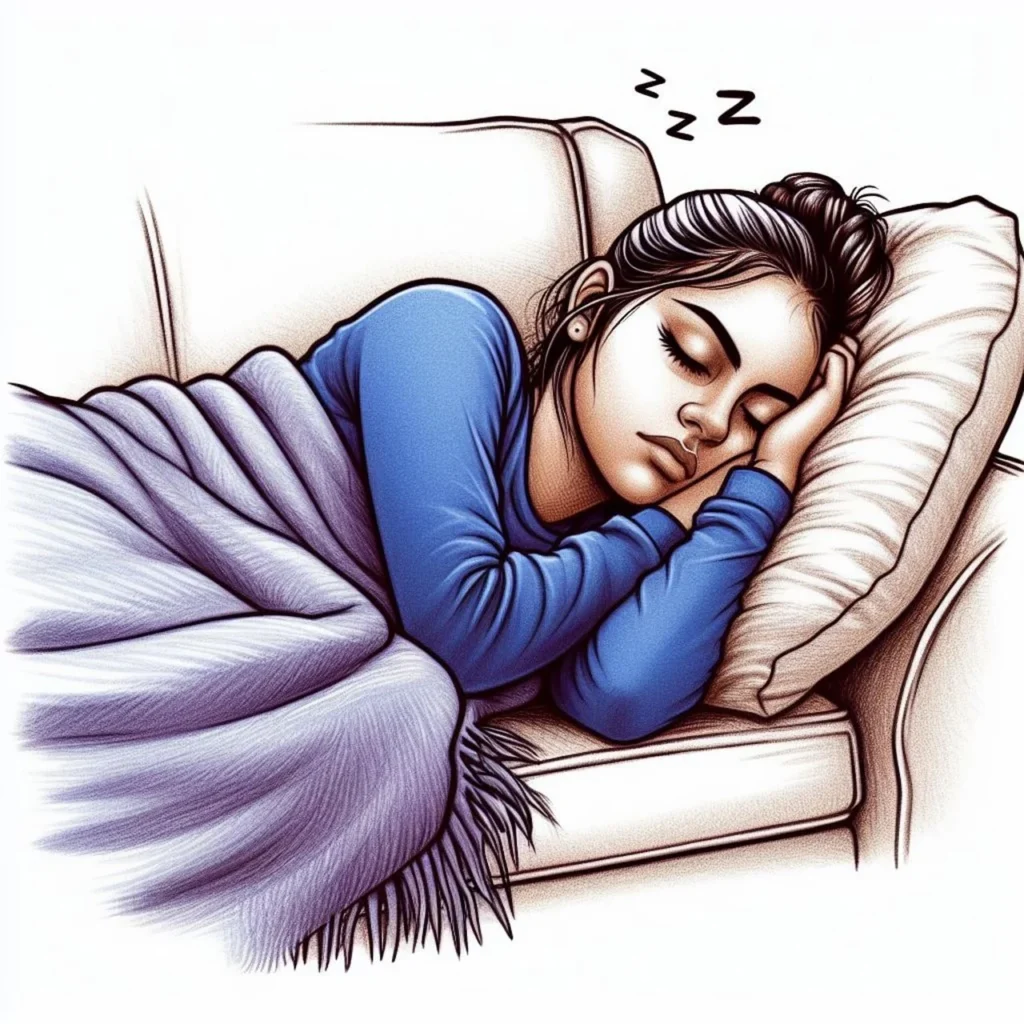
Sleep is not just a luxury; it’s a necessity for overall health and well-being. Yet, in today’s fast-paced world, many of us prioritize productivity over rest, sacrificing sleep in the process. But the truth is, lack of sleep can have serious consequences on both our physical and mental health.
The Importance of Sleep:
Sleep plays a crucial role in maintaining optimal health and functioning. It regulates hormone levels, supports immune function, aids in glucose metabolism, and promotes physical recovery and repair. Without an adequate amount of sleep, our bodies and minds cannot function at their best, leading to a host of negative side effects.
Understanding Sleep Needs:
The amount of sleep needed varies from person to person and depends on factors such as age, genetics, and overall health. While newborns may require up to seventeen hours of sleep per day, adults typically need between seven and nine hours to feel rested and refreshed. However, individual variations exist, with some people needing more or less sleep than others.
The Role of Genetics and Lifestyle:
Genetics certainly play a role in determining our sleep needs, but lifestyle factors also influence our sleep quality and duration. Maintaining good physical condition, eating a clean diet, and managing stress can all contribute to better sleep quality and efficiency. By prioritizing health and wellness, we can optimize our sleep patterns and enhance overall well-being.
The Importance of Going to Bed Early:
While waking up early is often touted as a hallmark of success, the key lies in going to bed early. By setting a consistent bedtime and ensuring we get enough sleep each night, we can reap the benefits of both quality rest and early rising. Going to bed earlier allows us to wake up feeling refreshed and energized, ready to tackle the day ahead.

The Power of Early Rising:
Waking up early offers numerous advantages, from increased productivity to enhanced focus and creativity. By getting a head start on the day, we can capitalize on quiet, uninterrupted time to pursue our goals and priorities. Early risers often find that they have more time for exercise, meditation, or personal development activities, setting a positive tone for the rest of the day.

Practical Tips for Getting Enough Sleep:
– Set a consistent bedtime and wake-up time, even on weekends.
– Create a relaxing bedtime routine to signal to your body that it’s time to wind down.
– Limit screen time before bed to minimize exposure to blue light, which can disrupt sleep patterns.
– Create a comfortable sleep environment that is conducive to restful sleep, with minimal noise and distractions.
– Avoid caffeine and alcohol close to bedtime, as they can interfere with sleep quality.

Conclusion:
Sleep is a non-negotiable aspect of health and well-being, essential for physical, mental, and emotional vitality. By prioritizing quality rest and embracing the power of early rising, we can unlock our full potential and live life to the fullest. So, make sleep a priority, set your alarm, and get ready to conquer the day with renewed energy and vigor.